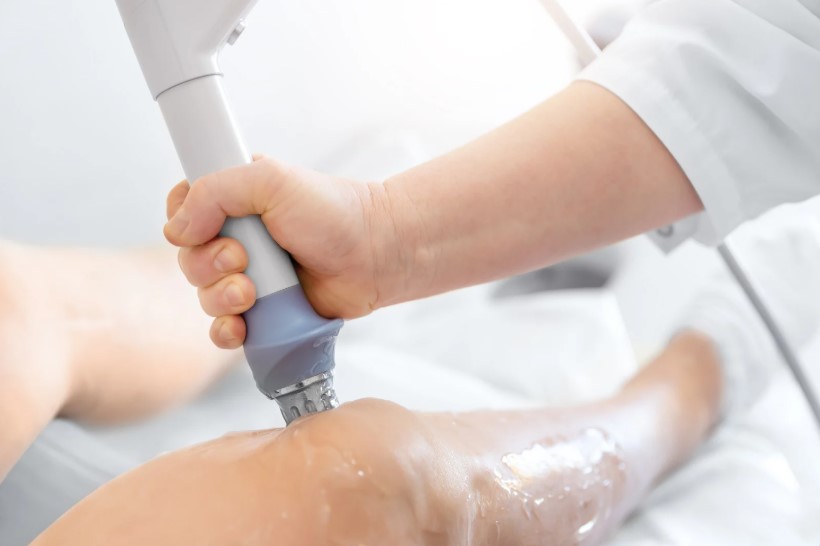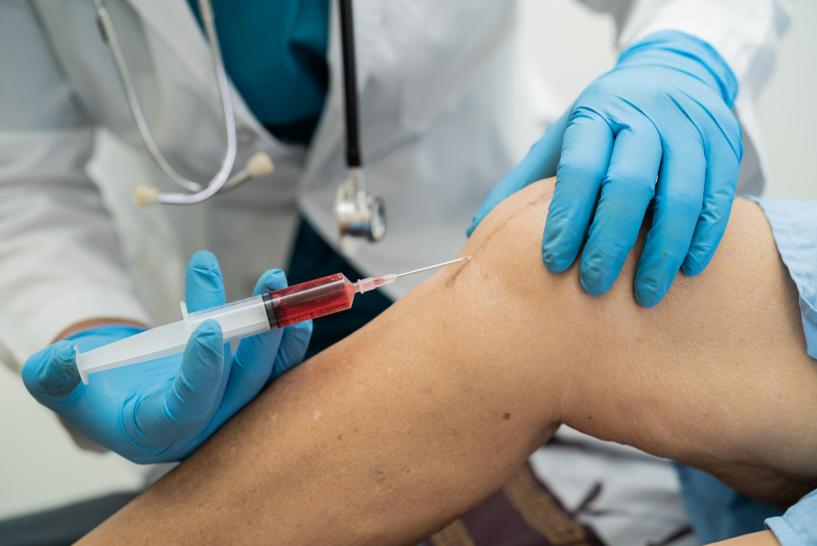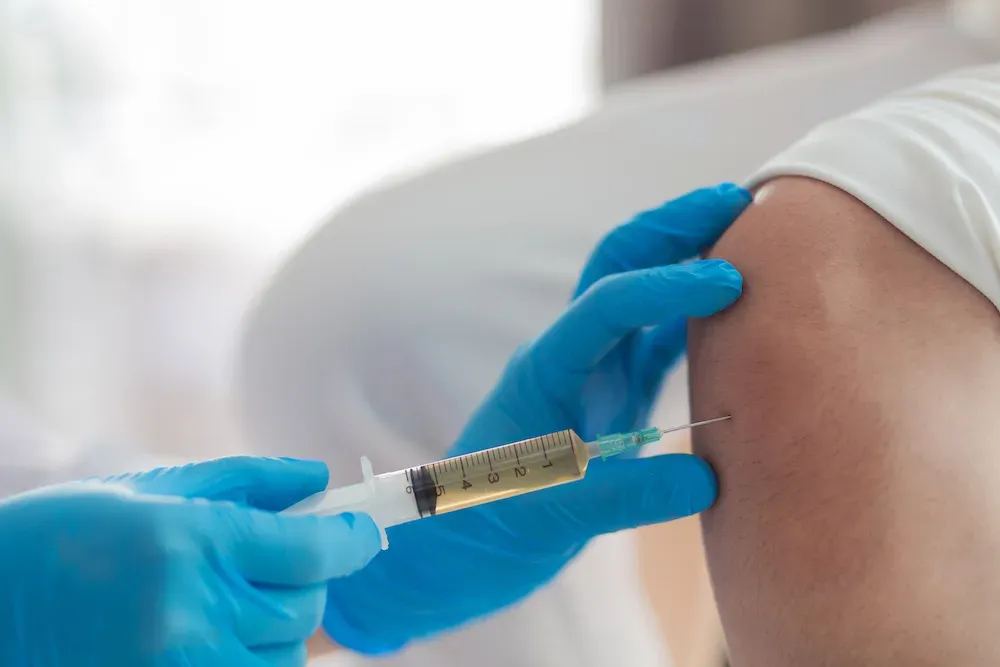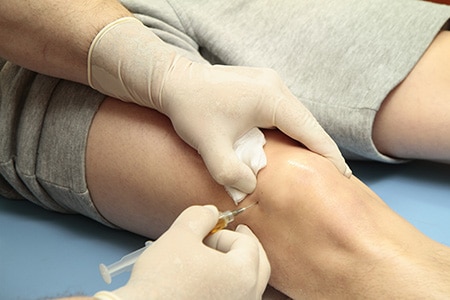Understanding the Role of a Wound Doctor Specialist
A wound doctor specialist is a healthcare professional who focuses exclusively on diagnosing and treating wounds that are difficult to heal. These specialists are trained to manage a variety of wounds, including chronic wounds such as diabetic ulcers, pressure sores, venous ulcers, and surgical wounds that have not healed properly. Unlike general practitioners, wound specialists have in-depth knowledge of wound biology and advanced treatment techniques designed to accelerate healing and prevent complications. Their expertise is essential when wounds become persistent or when underlying health conditions affect the body’s natural healing process. By addressing both the wound itself and contributing factors such as poor circulation or infection, wound doctor specialists provide targeted care that general medical treatment often cannot match. They often work in multidisciplinary teams, collaborating with vascular surgeons, endocrinologists, and physical therapists to provide comprehensive care. This specialized approach helps ensure that wounds receive the attention needed to improve recovery chances and reduce the risk of long-term damage.
When to Consult a Wound Doctor Specialist
Recognizing when to seek the care of a wound doctor specialist can be critical to preventing serious complications. If a wound has not shown signs of improvement after several weeks, appears infected, or causes increasing pain or swelling, it may be time to consult a specialist. Patients with diabetes or vascular disease should also be vigilant since these conditions can slow healing and increase infection risks. Without proper treatment, wounds may deepen, become infected, or develop into chronic ulcers that can threaten mobility or lead to hospitalization. Referrals to wound specialists often come from primary care physicians, surgeons, or emergency departments when wounds fail to respond to standard care. Some patients may self-refer if they notice a wound is worsening or if home care measures have not worked. Early involvement of a wound specialist helps reduce the risk of complications and can often prevent the need for more invasive procedures like amputations or surgeries.
Diagnostic Procedures Used by Wound Specialists
Accurate diagnosis plays a vital role in effective wound management. Wound doctor specialists use various diagnostic tools to assess the wound’s size, depth, and underlying causes. Imaging techniques like X-rays or ultrasounds may be used to detect underlying bone infections or tissue damage. Laboratory tests such as wound cultures help identify the presence of bacteria and guide appropriate antibiotic use. Blood tests are often ordered to check for conditions like anemia or diabetes, which can affect healing. Specialists also evaluate circulation in the affected area to determine if poor blood flow is contributing to the wound’s persistence. This thorough diagnostic process ensures treatment plans target the root causes and not just the surface symptoms. By understanding the wound’s specific characteristics and patient health factors, specialists create customized treatment strategies that improve healing outcomes.
Treatment Options Provided by Wound Doctor Specialists
Treatment approaches by wound doctor specialists go far beyond traditional bandaging. Debridement, which involves the removal of dead or infected tissue, is often the first step to prepare the wound bed for healing. Specialists utilize advanced dressings designed to maintain optimal moisture and protect wounds from infection. Negative pressure wound therapy, also known as vacuum-assisted closure, helps stimulate tissue growth and drainage in more severe cases. Infection control is a priority, and targeted antibiotics are used when bacteria are detected. Hyperbaric oxygen therapy is an innovative treatment where patients breathe pure oxygen in a pressurized chamber, promoting faster healing by improving oxygen delivery to damaged tissues. Many specialists also work with nutritionists to ensure patients receive adequate vitamins and minerals crucial for tissue repair. Physical therapy and mobility support are integrated when wounds affect movement, assisting patients in regaining strength while minimizing pressure on the wound.
How Wound Specialists Support Healing and Prevent Recurrence
Healing is only one part of a wound specialist’s job; preventing wounds from returning is equally important. Specialists educate patients and caregivers on how to care for wounds properly at home, including cleaning techniques and dressing changes. They emphasize managing chronic conditions like diabetes or peripheral artery disease, which significantly impact wound health. Regular monitoring through follow-up visits allows specialists to track healing progress and adjust treatments as necessary. Lifestyle modifications, such as smoking cessation, weight management, and improved nutrition, are often recommended to support long-term wound health. Pressure offloading devices and custom footwear may be prescribed to reduce stress on vulnerable areas, especially for patients with diabetic foot ulcers. This ongoing care approach helps maintain skin integrity and reduces the likelihood of new wounds developing. By empowering patients with knowledge and practical tools, wound specialists foster better outcomes that extend beyond initial healing.
The Benefits of Choosing a Wound Doctor Specialist
Opting for care from a wound doctor specialist brings numerous advantages that can improve both healing speed and quality of life. Specialists bring extensive training and experience that enable them to identify subtle signs of complications before they worsen. Their personalized care plans are designed to address each patient’s unique needs, rather than using one-size-fits-all treatments. This tailored approach can lead to faster healing times and lower rates of infection and hospitalization. Patients often experience less pain and discomfort through advanced therapies and precise wound management. Additionally, specialist care helps restore mobility and independence, which are often compromised by chronic wounds. With expert support, many patients regain confidence and avoid the emotional stress commonly associated with long-term wounds. Overall, wound doctor specialists provide a level of care that improves physical health while addressing the holistic needs of the individual.
Finding the Right Wound Doctor Specialist Near You
Choosing the right wound doctor specialist involves considering qualifications, experience, and accessibility. Look for board certifications or credentials specifically related to wound care, such as those from the American Board of Wound Management or the Wound Care Education Institute. Patient reviews and referrals from trusted healthcare providers can offer insights into the quality of care provided. Prepare questions to ask during your first appointment, such as treatment options available, expected healing timelines, and insurance coverage details. It is also important to confirm that the specialist accepts your insurance plan to avoid unexpected expenses. Many wound care centers offer consultations to help patients understand their approach before committing to treatment. Finding a specialist nearby ensures convenient follow-up visits and better continuity of care. Taking the time to research and connect with the right professional is a valuable step toward effective wound management.
Frequently Asked Questions (FAQs)
How long does it typically take for wounds to heal with a specialist?
Healing times vary depending on the wound type, size, and patient health. Chronic wounds can take weeks to months, but specialized care often shortens healing duration compared to standard treatment.
Can a wound doctor specialist treat infected wounds at home?
Yes, many specialists provide home care plans and support for managing infections through antibiotics and dressing changes, sometimes involving home health nursing services.
What lifestyle changes can improve wound healing?
Quitting smoking, maintaining good blood sugar levels, eating a balanced diet rich in protein and vitamins, and avoiding pressure on wounds are key changes that support healing.
Are wound care specialists covered by health insurance?
Most insurance plans cover wound specialist visits and treatments, especially when prescribed by a physician. Checking with your provider beforehand is recommended to confirm coverage.
What technologies are commonly used in wound treatment?
Negative pressure wound therapy, hyperbaric oxygen therapy, advanced dressings, and tissue-engineered products are examples of technologies that enhance healing outcomes.






